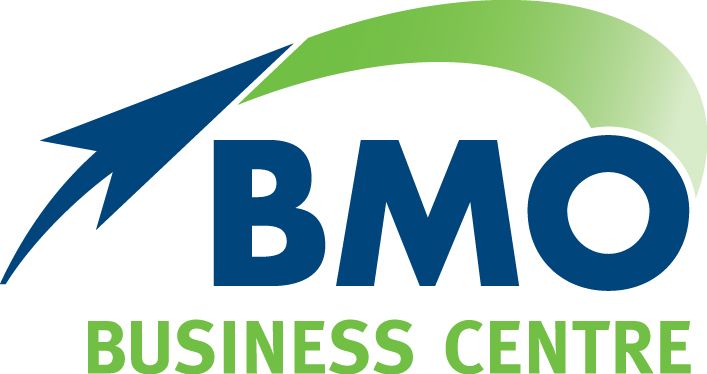Measure it, manage it – business milestones to success
“If you can measure it, you can manage it.” – Robert Kaplan
Running a healthy small business is no mean feat, and business owners have certainly had some challenges thrown at them over the past few years.
However, small businesses are renown for being agile, resilient, and proactive. If you are working hard to achieve the success you aspire to, now might be a good time to have a think about what success means to you and how you can measure it.
After all, how can you achieve your goals if you don’t have a clear idea of what success looks like and a way to measure how your business is performing in relation to achieving your business goals?
How do you define success?
Success can be something that’s very hard to quantify and your definition of what makes a successful business will generally be quite different to someone else’s. Every small business owner will have their own individual idea of what success means to them based on their values and objectives for the business.
Common measures of success
Surprisingly, while financial measures are most commonly used to measure business success, business owners often look to ‘softer’ measures, which often relate back to why they went into business in the first place. Many small business owners are motivated strongly by the desire to provide quality goods and/or services and running a business that is a good place to work – both for the owner and the employees.
This is reflected in a report conducted by National Australia Bank which found that only 11 per cent of participants ranked large turnover as a measure of success. i One in 3 (32%) rated high profits as an important measure but this was well behind other things such as good financial management (58%), positive word of mouth (56%), productive staff (49%) and happy staff (45%).
Crunching the numbers
That’s not to say that tracking the financial health of your business is not important. Clearly, it’s critical, and there are many metrics that can be used to determine what financial shape your company is in.
The most common measure to track how your business is tracking financially is profitability. While it’s possible for companies to survive for a time without being profitable, operating on the goodwill of creditors and investors, to prosper, a company must eventually attain and maintain profitability. It’s a good measure of how successful your company is.
It’s important to acknowledge that no single metric will provide you with the full picture of your company’s financial and health. There are many financial metrics you can use to track your businesses’ health and progress. Metrics you may wish to look at are liquidity which measures a firm’s ability to ride out short-term difficult patches, and solvency which informs how readily longer-term debt can be supported. Companies can have high debt but still perform well if they have used their debt to purchase assets such as equipment or other companies so calculating your debt compared to your assets can be of benefit.
Coming back to your, unique goals
Given that there are so many aspects of business success you can monitor, it comes back to how you define success. That means working out what you want to achieve, what business success means to you and then coming up with the financial and nonfinancial drivers of that objective.
The next step once you have come up with your drivers is to determine how best to assess these. For example, if one of your main objectives is customers who are pleased with your products or services, customer satisfaction surveys will be a good tool to determine how you are tracking and where there is room for improvement. Or if your focus is on improving your turnover, you can look at measures to track your sales volumes, lead conversions and other matrix that support revenue.
You must also regularly re-evaluate your metrics, as well as your business goals as these change over time.
Whatever you want to achieve in your business we wish you a successful 2024.
The post Measure it, manage it – business milestones to success appeared first on BMO Accountants.


